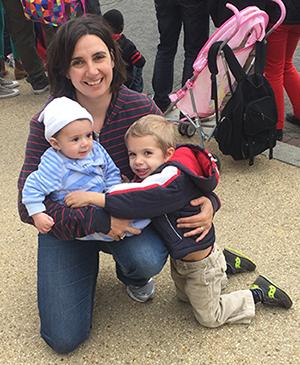Elizabeth Vaquera

Elizabeth Vaquera
Director of the Cisneros Hispanic Leadership Institute; Associate Professor of Public Policy and Public Administration and Sociology
Contact:
Elizabeth Vaquera received her doctorate in Sociology from the University of Pennsylvania. She joined The George Washington University as Director of the Cisneros Hispanic Leadership Institute in 2016. She is an Associate Professor with appointments in the Trachtenberg School of Public Policy and Public Administration as well as Sociology. Before joining GW, she spent almost a decade at the University of South Florida, where she was a tenured Associate Professor of Sociology. Her research focuses on the physical, emotional, and social well-being of vulnerable and diverse groups, particularly Latinos/as, immigrants, and children. Her work has been published in leading peer-reviewed academic journals, including Social Science and Medicine, Ethnicity and Disease, and Child Development. She is also co-author of several books, the most recent of which, Education and Immigration, examines the educational experiences of immigrants and their children living in the U.S. Dr. Vaquera is the recipient of several federal grants from the National Science Foundation and the National Institutes of Health.

